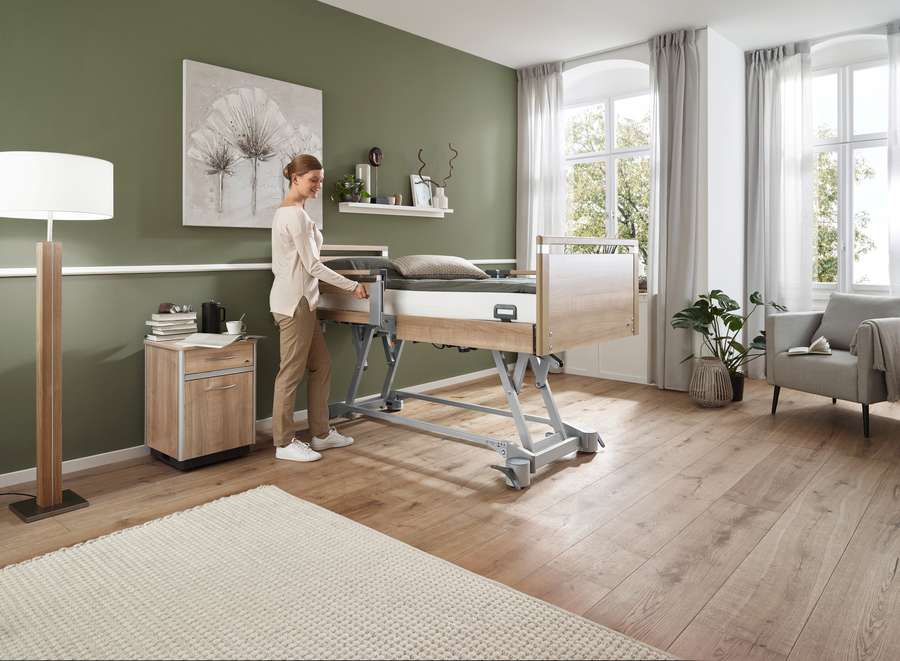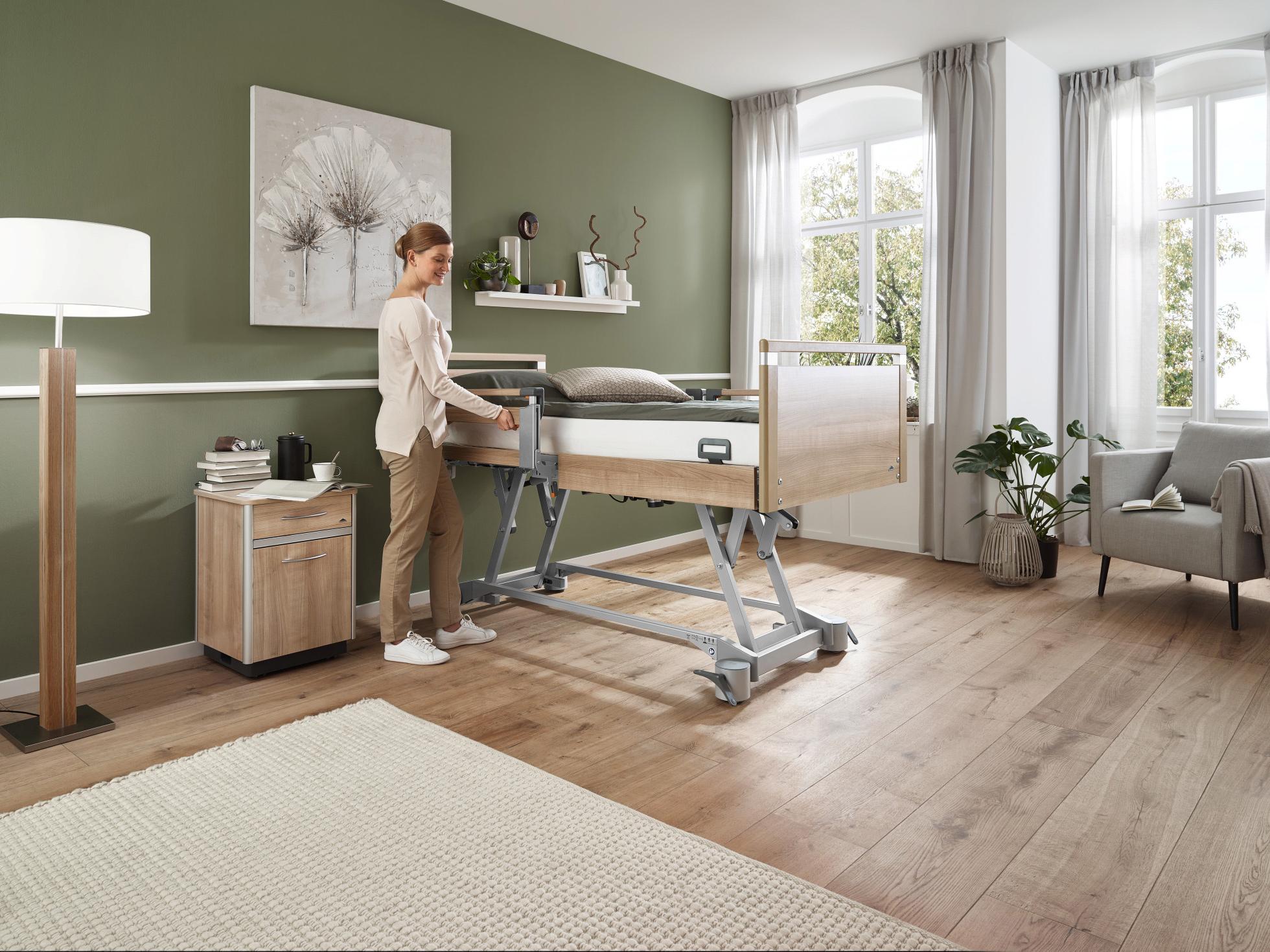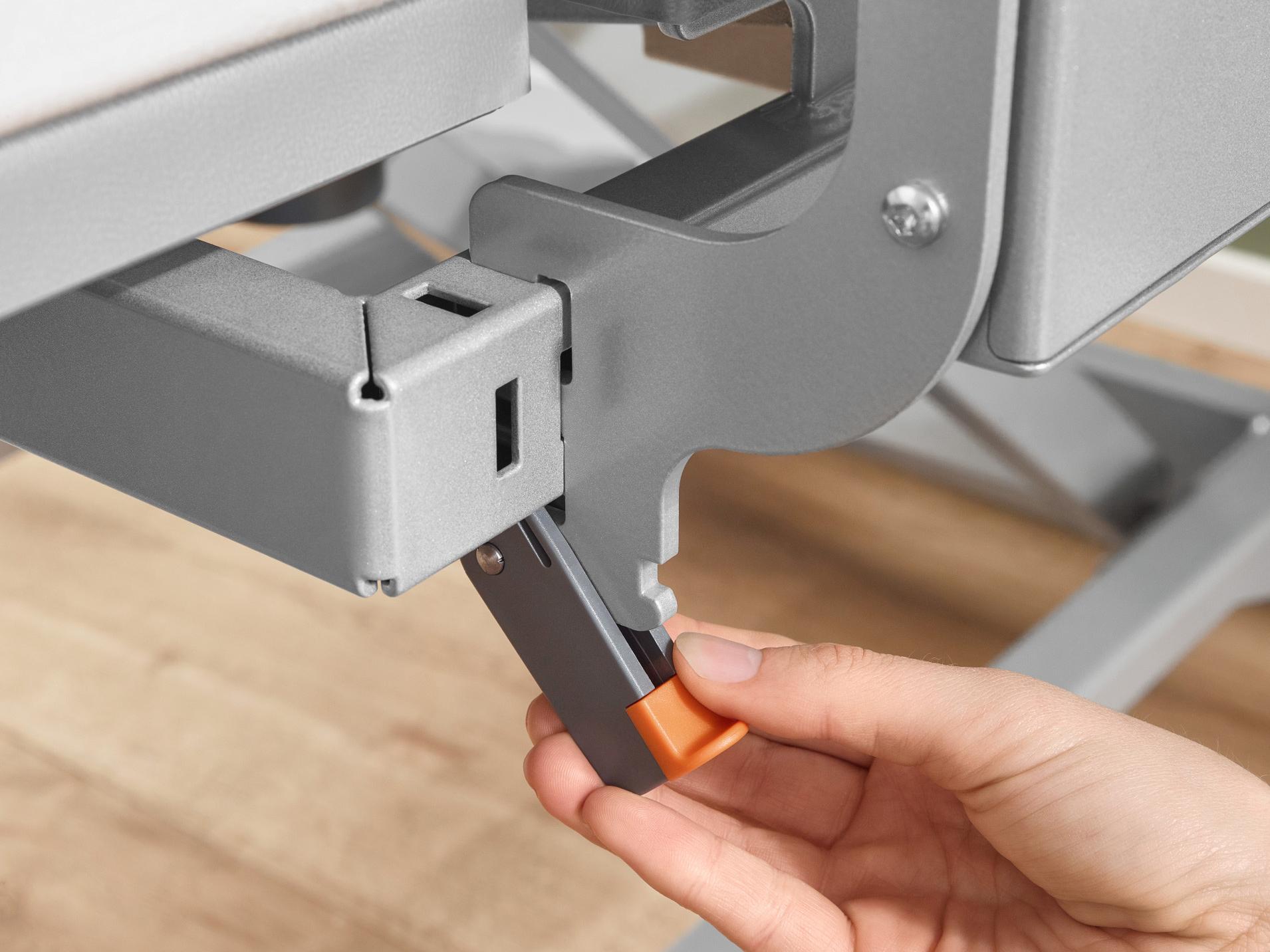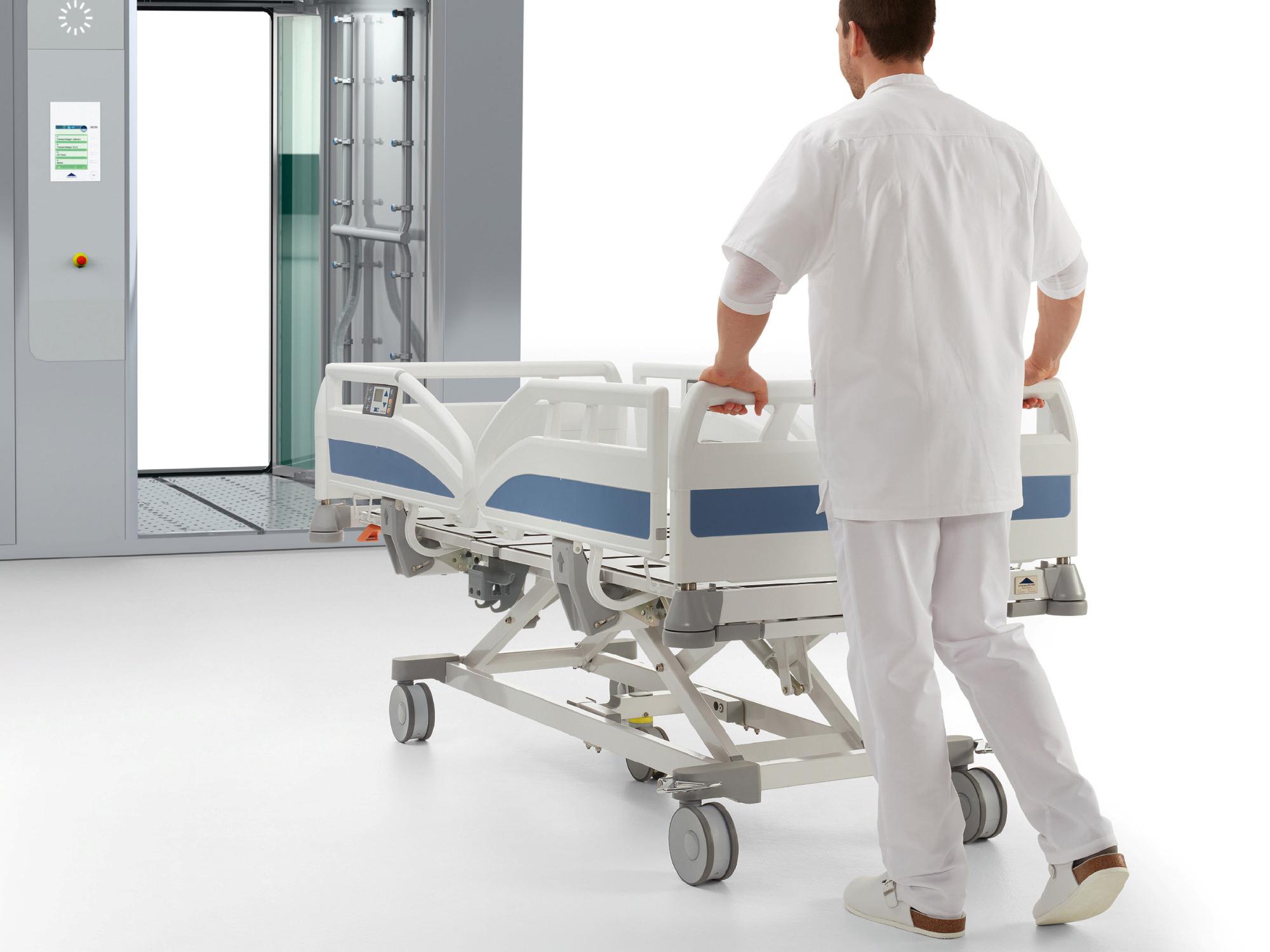
How care is organised in the Netherlands
Duco Engelage, Managing Director of Stiegelmeyer BV, on healthcare in our neighbouring country
In Germany, the Netherlands is regarded as a role model in many areas of society – including nursing care. If you search the Internet for reports, you will find praiseworthy articles, e.g. on neighbourly involvement in home care. But how do the Dutch themselves look at their health and care system? We asked Duco Engelage, the managing director of our Dutch subsidiary Stiegelmeyer BV.
Mr Engelage paints a differentiated picture with light and shadow. "In the Netherlands, as in Germany, there is a shortage of nursing staff, and we lack 55,000 people in this area," he explains. As a result, the length of stay of patients and residents in inpatient facilities is becoming ever shorter. In hospitals it is only 2.3 days. Senior citizens only move into nursing homes when already severely in need of care.
The question remains: Where are the many people cared for who do not belong to these most acutely affected groups? For the follow-up care of hospital patients, for example, care hotels ("Zorghotels") are suitable. Here, the people receive support, but no detailed rehabilitation measures. In home care, relatives and neighbours as well as mobile care services take care of them.
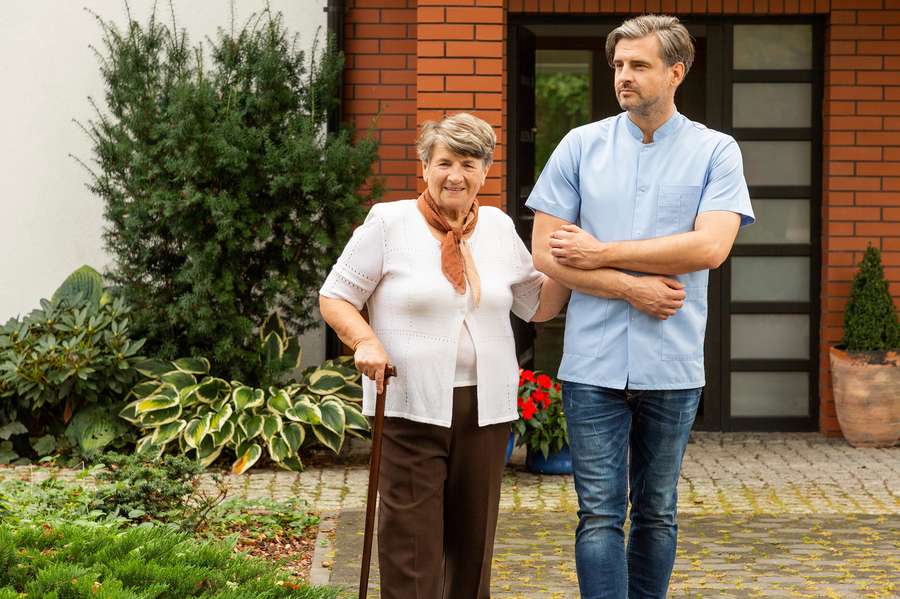
The financing is in the hands of the nursing care insurance, private supplementary insurance companies and the municipalities, which play a central role in the organisation of nursing care. Municipal representatives determine the level of care in so-called "kitchen table talks" and also decide on the use of public budgets, which the state has reduced by 30% in recent years, according to Mr Engelage. In addition, the nursing care insurance must retain a large buffer of funds for even more difficult times.
Those not cared for by relatives, friends and neighbours, threaten to remain unnoticed in this system for a long time and to become neglected, criticises Duco Engelage. It refers to mentally ill people, who are threatened more and more by homelessness – like also in Germany. The quality of care also varies from municipality to municipality.
Mr. Engelage positively evaluates the efforts of the large university hospitals in the country to improve hygiene. Machine-washable beds are standard there. For Stiegelmeyer, with its decades of experience in automatic reprocessing and ultra-modern beds such as Evario and Puro, interesting partnerships are available here. The fight against hospital germs is particularly important in the Netherlands, explains Duco Engelage. Due to the large livestock farms in the densely populated country with their intensive use of antibiotics, the contact risk with resistant germs is already high in everyday life. Therefore, increased efforts must be made to prevent the spread of resistant germs in hospitals.
In the care sector, Stiegelmeyer is currently convincing Dutch customers with the new Vario Safe system for care beds. In particular, the split safety sides, which can be mounted without tools, have been met with great approval. Depending on the element used, it can be used to employ standard-compliant protection or an orientation and mobilisation aid. This gives the facilities flexibility and legal security in everyday life.
The organisation of a good health and care system is always a daunting task – in the Netherlands as well as elsewhere. Stiegelmeyer has proven to be a reliable partner in this respect. "Our greatest strength is our quality," says Duco Engelage. Many Stiegelmeyer beds in the Netherlands have been in use for decades and, thanks to annual maintenance and inspection by Stiegelmeyer BV, still function as they did on the first day. One can build on this for a good future.

